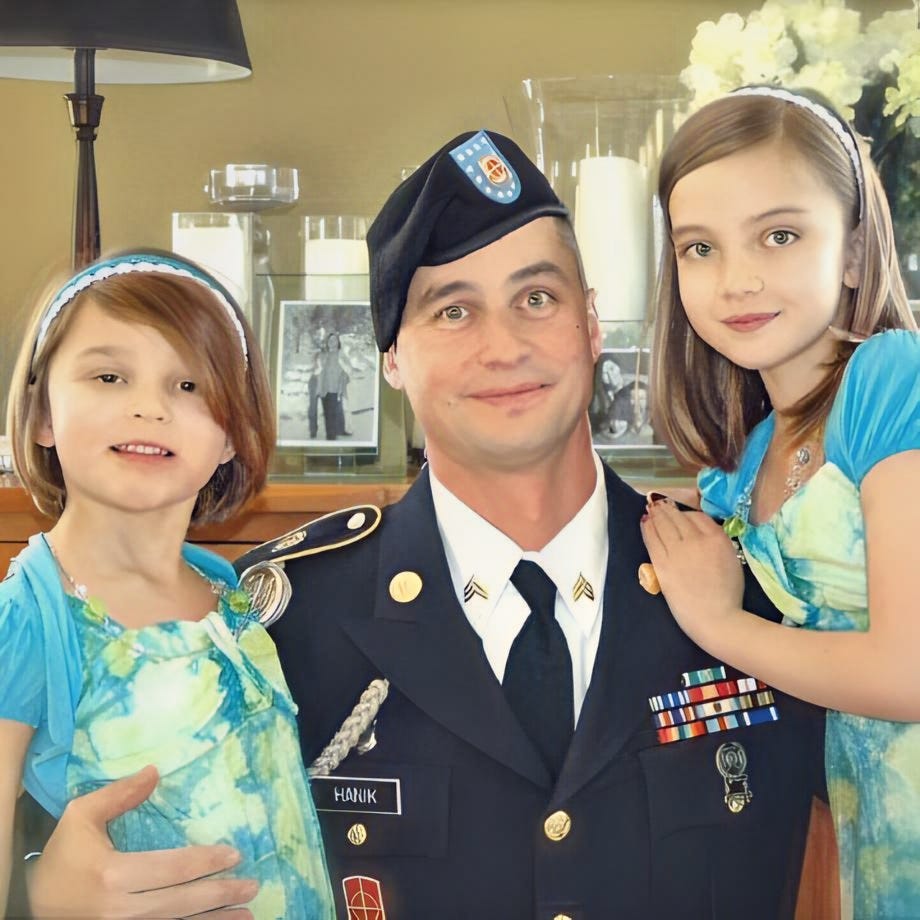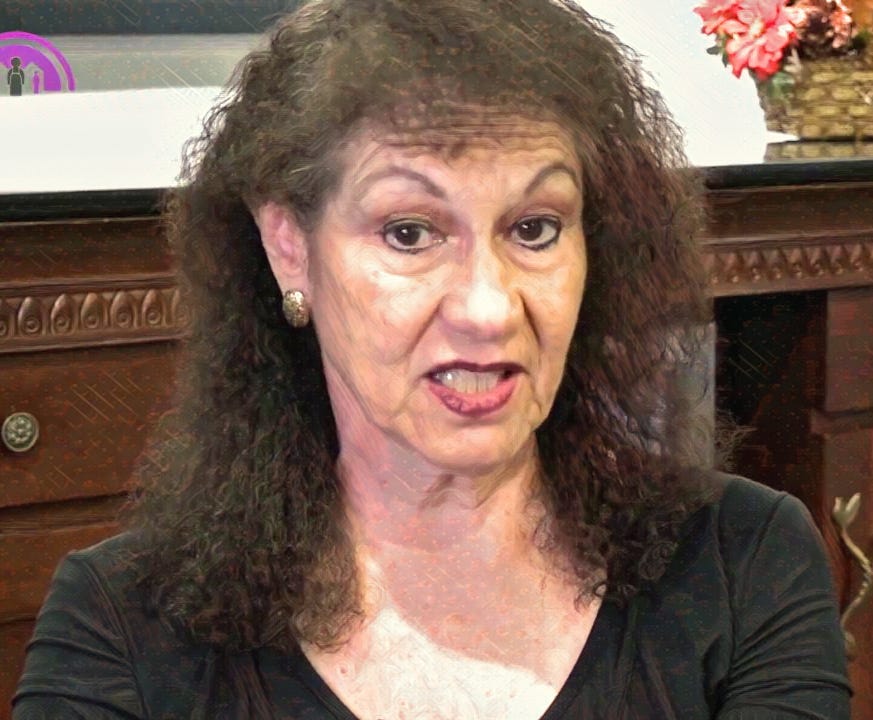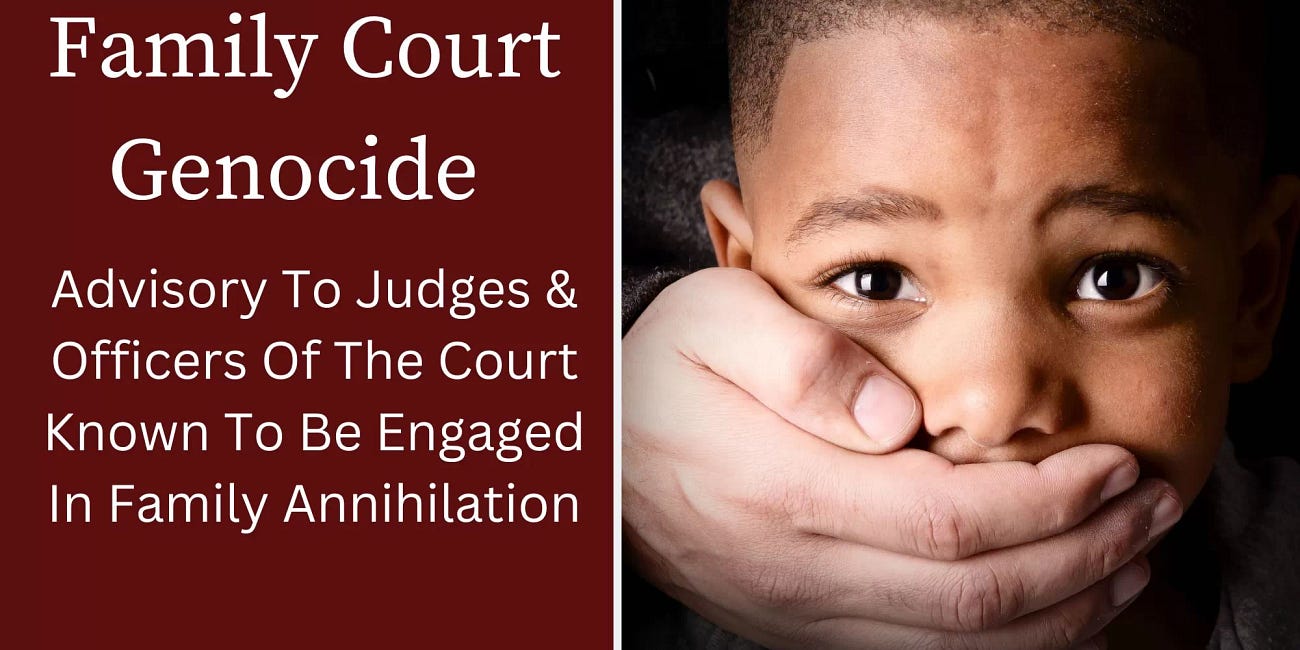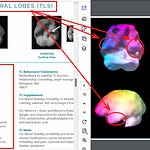By Richard Luthmann
In a Filed Lawsuit arising from a Family Court matter in Clark County, Washington, Filip Hanik, a software engineer, has taken legal action against his ex-wife, Teresa Hanik, parental alienation consultant Linda J. Gottlieb, and her organization, Turning Points For Families. Seeking over $1 million in damages, Filip's lawsuit contends that Gottlieb’s practices, rather than bringing healing, have inflicted further harm on his family. Filip brings the case in his capacity and on behalf of his children, A. H. and T. H.
Teresa Hanik recently filed a motion for summary judgment in a Washington State court. She wants Filip’s case chucked out because, she says, Gottlieb and Turning Points’ therapeutic reunification programs are legitimate and not “exploitative and psychologically damaging,” as the lawsuit claims.
The court is expected to rule on the motion in the coming weeks. If Theresa wins, the claims go away. If Filip Hanik wins, it could end Gottlieb’s controversial reign as the "Queen of Broken Hearts" in the world of Reunification Therapy.
Background: Family Court Reunification Therapy Gone Awry?
The core of this lawsuit stemming from a Family Court matter centers on the claim that Gottlieb and Turning Points colluded with Teresa Hanik to mislead both him and the Court-appointed Arbitrator regarding the true nature of the reunification therapy.
Filip asserts that Gottlieb’s so-called therapeutic intervention was, in reality, a harmful practice designed to coerce his children into accepting a custodial arrangement with their mother, who had allegedly mistreated them. The lawsuit describes this intervention as involving psychological mistreatment, disorientation, and "brainwashing," all under the guise of reunification therapy.
The court documents explicitly state that “Defendants conspired to subject the minor children A.H. and T.H. to unlawful coercion, threats, unlawful detention, and psychological torture.”
Filip argues Teresa and Gottlieb misrepresented the scope and nature of the therapy to the Arbitrator and that its application was not in the best interest of his children. He contends that the intervention exacerbated his children's psychological distress instead of providing the intended relief.
Additionally, the lawsuit challenges the ethical implementation of Gottlieb’s therapy, highlighting a lack of informed consent and an environment that subjected the children to psychological pressure rather than offering support.
Filip believes that Gottlieb’s methods prioritized procedural adherence over his children's well-being, leading to their alleged suffering under the coercive practices employed by Turning Points. The court documents describe Gottlieb’s programs as manipulative, alleging they are designed to benefit financially at the expense of families.
"Gottlieb’s therapeutic methods are abusive, pushing families further apart instead of healing them," the papers assert.
The lawsuit characterizes her business as a "money-making machine" that capitalizes on parental desperation while offering little genuine therapeutic benefit. Gottlieb has long touted her program as a remedy for parental alienation, a situation in which one parent allegedly manipulates a child against the other. However, Hanik's motion paints a different picture, claiming that Gottlieb’s methods force children into unhealthy reconciliations.
"She isolates children from one parent, causing them to reject the other without a legitimate therapeutic basis," the court papers allege.
Filip Hanik argues that Turning Points For Families is more interested in profiting from crises than helping families recover. According to the motion, Gottlieb’s methods are outdated and harmful. "Her approach is rooted in coercion, not therapy," the lawsuit claims, accusing Gottlieb of using psychological manipulation that leaves families worse off than before.
The lawsuit further challenges Gottlieb’s credentials, alleging she misrepresented her family therapy expertise. "Gottlieb has portrayed herself as an expert, but her methods lack scientific support and often lead to negative outcomes," the motion states.
It calls on the court to end Gottlieb’s practices, stating that her services are detrimental to the public.
Who Is Linda Gottlieb, and What Are Her Methods?
Linda J. Gottlieb, LMFT, LCSW, trained by renowned family therapist Salvador Minuchin, is recognized for her work in handling severe family disruptions, including parental alienation and domestic violence by proxy.
She has authored a book on The Parental Alienation Syndrome and is known for her intensive intervention strategies in complex family dynamics. However, her methods have sparked criticism concerning their suitability for varied family situations.
The Hanik legal action has brought renewed attention to the controversial nature of reunification programs, particularly those like Gottlieb’s that market themselves as solutions to parental alienation. Critics argue that such programs often exacerbate the issues they claim to address rather than resolve conflicts.
Jill Jones Soderman, founder of the Foundation for Child Victims of the Family Courts (FCVFC), has denounced Gottlieb's work as harmful. Soderman argues that reunification therapy, as practiced by Gottlieb, is not only fraudulent but also akin to child trafficking, exacerbating trauma rather than healing it.
“The FCVFC views the practice of ‘Reunification Therapy’ as not only a dangerous fraud money-making scam but a form of child trafficking. We view the connection between the court transfer of children into the hands of abusers as a unilateral, well-organized practice of child trafficking, with connections in every case to some form of racketeering,” Jones Soderman said.
Filip Hanik contends that Gottlieb’s methods prey on vulnerable families, offering quick fixes but ultimately causing long-term emotional damage. Filip’s experience is echoed by other parents who describe their involvement with Turning Points as traumatic. Many allege that they were pressured into participating in reunification camps where they were separated from their children and subjected to psychological manipulation.
“I went in hoping to rebuild my relationship with my child, but all it did was make things worse. It felt more like brainwashing than therapy,” one parent remarked.
Mia was sixteen when she testified before the California Senate about Gottlieb’s “Intensive 4-Day Intervention” program.
“At Linda Gottlieb’s camp, Turning Points for Families, I was told that I was ‘alienated’ from my biological father and the way they were going to fix that was by sending me to a camp with my abuser and cutting off all communication with my support system and family. So their plan was fixing ‘alienation’ with alienation,” Mia testified.
Despite these criticisms, Gottlieb continues to have a following among some parents who credit her with helping them reconnect with their estranged children. Some mental health professionals regard Gottlieb’s approach as innovative and necessary for resolving complex family problems.
However, Filip Hanik suggests that these success stories are exceptions, accusing Gottlieb of cherry-picking positive outcomes to create an illusion of effectiveness. The lawsuit asserts that her program has negatively impacted many families despite the few positive cases Gottlieb highlights.
Linda Gottlieb remains a polarizing figure in the field, with her therapy techniques drawing praise and intense scrutiny.
Theresa Hanik Says Filip’s Legal Claims Fail
Represented by the Vern McCray Law Firm, Theresa Hanik believes that Filip Hanik's legal claims fail. For several reasons, she wants her ex-husband’s case thrown out of court.
She argues that Filip's allegations are unsupported by credible evidence, rendering them speculative and unsubstantiated. Furthermore, she contends that Filip has misrepresented the facts, particularly concerning the nature and impact of Linda Gottlieb's reunification programs.
Theresa also questions Filip's legal standing, suggesting that his claims may not relate to any personal legal injury, undermining his case. She criticizes his reliance on discredited and outdated theories, arguing that these lack both scientific and legal merit.
Additionally, Theresa asserts that Filip's legal arguments fail to meet the necessary legal standards, particularly regarding causation issues and the appropriateness of the remedy he seeks. She highlights procedural deficiencies in Filip's filings, which she believes further weaken the validity of his claims. Together, these factors form the foundation of her belief that Filip’s legal case is unlikely to succeed in court.
We contacted the Vern McCray Law Firm for further comment, but we have not received a response as of press time.
What are the Stakes?
The outcome of this case could have far-reaching implications for the regulation of reunification therapy programs. If Filip Hanik’s case is successful, it could set a precedent for evaluating these programs and potentially lead to stricter oversight.
Filip has urged other families affected by Gottlieb’s methods to come forward and share their experiences.
"This is about protecting families from harmful practices disguised as therapy," Hanik said. "We need to hold people like Gottlieb accountable for the damage they cause."
Are we witnessing the end of the line for reunification therapy’s "Queen of Broken Hearts"?





















Share this post